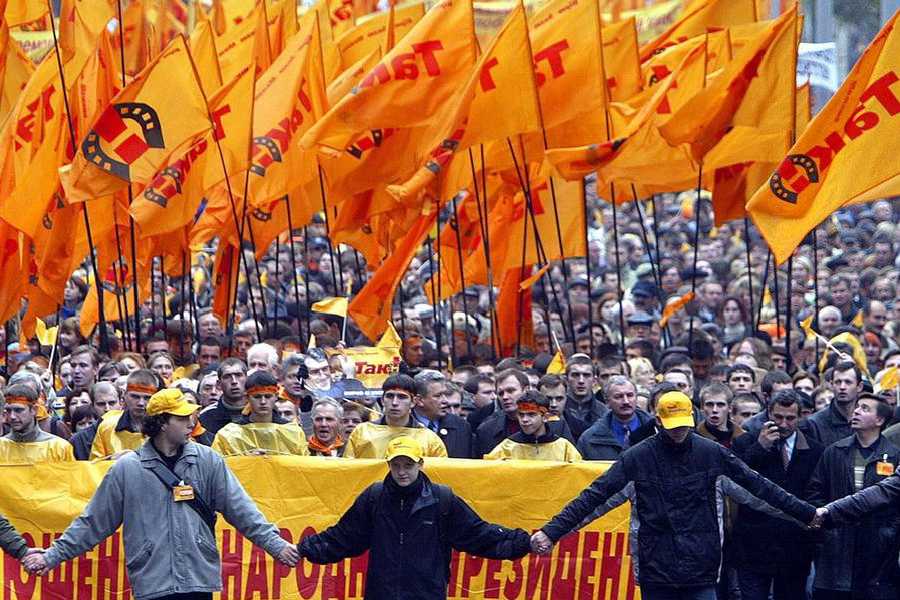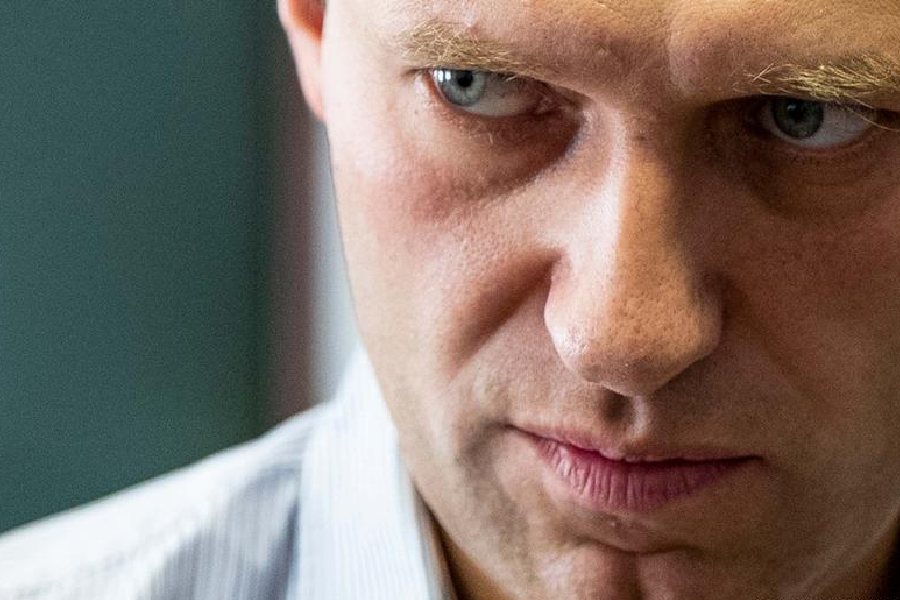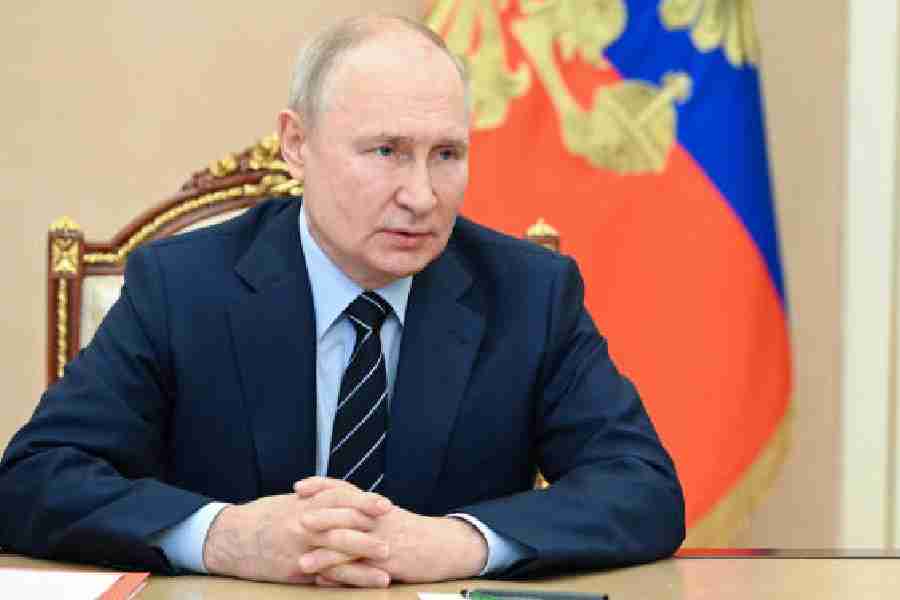The Kremlin may have been behind the poisoning of three prominent Russian journalists living in exile, according to a recent investigation by the Russian online portal The Insider. The investigation highlights that the journalists were known for their outspoken anti-Kremlin stance.
Natalija Arno, Jelena Kostjutschenko and Irina Bablojan, the three female exiled journalists cited in the report, were admitted to the hospital after experiencing perplexing and unexplained symptoms.
The investigation, which was published on August 15th, quotes various experts, including a physician renowned for saving the life of opposition leader Alexei Navalny. These experts collectively point to the possibility of "exogenous poisoning" as a compelling explanation for the symptoms that the journalists experienced.
These recent poisonings are the latest in a series of poisonings targeted at Kremlin opponents and critics, as poison has long been a weapon used by Russia's security services to silence prominent political dissidents.
In some cases, evidence has emerged strongly linking them to the Russian state, while others remain mysterious, with the Kremlin persistently denying its involvement.
Here is a timeline of some poisonings that occurred over the past 20 years.
2022- The alleged poisoning of a sanctioned oligarch
Russian oligarch and Chelsea FC owner Roman Abramovich exhibited symptoms of suspected poisoning during peace talks on the Ukraine-Belarus border in March 2022.
Alongside Abramovich, a contingent of Ukrainian negotiators also suffered severe symptoms including red eyes, tearing, and skin problems. Though Abramovich temporarily lost his vision, he subsequently regained it. Western countries have sanctionedAbramovich for his close ties to the Kremlin. An investigation by the Bellingcat Foundation still attributes the attack to Moscow's pro-war hardliners, viewing it as a warning against peace negotiations rather than a fatal assassination attempt.
2020: Novichok attack on Navalny
In August 2020, anti-corruption activist Alexei Navalny fell critically ill on a flight within Russia, prompting an emergency landing. He was later transferred to Germany for treatment. Multiple independent laboratories confirmed the presence of Novichok, a nerve agent, in his system. Navalny accused the Kremlin, which Moscow denied. The incident deteriorated Russia's already strained relations with Western countries and triggered a row ofsanctions against Russian officials.
In December 2020, British Newspaper The Times accused the Russian government of a second assassination attempt on the Kremlin critic before he was flown to Berlin for further treatment. Navalny eventually recovered and returned to Russia,only to be arrested, sparking further international outcry.
2018: Poisoning of a double agent
In 2018, former Russian double agent Sergei Skripal and his daughter Yulia were poisoned with the nerve agent Novichok in Salisbury, UK. Both Skripal and his daughter survived the poisoning after receiving medical treatment. The UK's then-Prime Minister Theresa May condemned it, asserting it was a direct act by Russia. The Kremlindenied its involvement, accusing Britain of the poisoning.Skripal had previously been imprisoned in Russia for spying for the UK. The attack prompted an international denouncement, led to diplomatic expulsions between UK and Russia, and was followed by a campaign of sanctions against Russian officials.
Poison attacks on ex-presidents
In 2004, Ukrainian pro-European leader Viktor Yushchenko was poisoned with dioxin during his bid for the presidency against Russian-backed Viktor Yanukovych. He survived the attack but suffered permanent disfigurement, marked by severe facial scarring and blotches. Yushchenko's opponent, pro-Russian Yanukovych, won the election. But his electoral victory was followed by widespread accusations of fraud and protests known as the Orange Revolution. After the Ukrainian Supreme Court annulled the election results and ordered a re-vote in December 2004, Yushchenko became Ukraine's president.
Besides Yushchenko, Georgia's former President Mikheil Saakashvili, who was detained by authorities in Tbilisi last year, also claimed that Russian agents infiltrating Georgia's intelligence service tried to poison him in prison.
Speaking to Politico in March, Saakashvili said that "he almost died” as a result of the attack and that since then, he's been in poor health.

Thousands took to the streets in Ukraine's 2004 Orange Revolution Deutsche Welle
2006: Poisoning of a former Russian spy
Former Russian spy Alexander Litvinenko was fatally poisoned in London in 2006. A critic of Putin, he defected from the Russian intelligence service, seeking refuge in London in 2004. About two years later, Litvinenko shared tea with former Russian agents Andrei Lugovoi and Dmitri Kovtun at a central London hotel. He fell ill right after and died weeks later. Investigations by the UK and EU indicated Lugovoi as the primary suspect, suggesting Putin "probably" approved the killing. The Kremlin denied involvement and declined Lugovoi's extradition. The incident escalated British-Russian tensions, resulting in the expulsion of diplomats from both countries' embassies in 2007.












